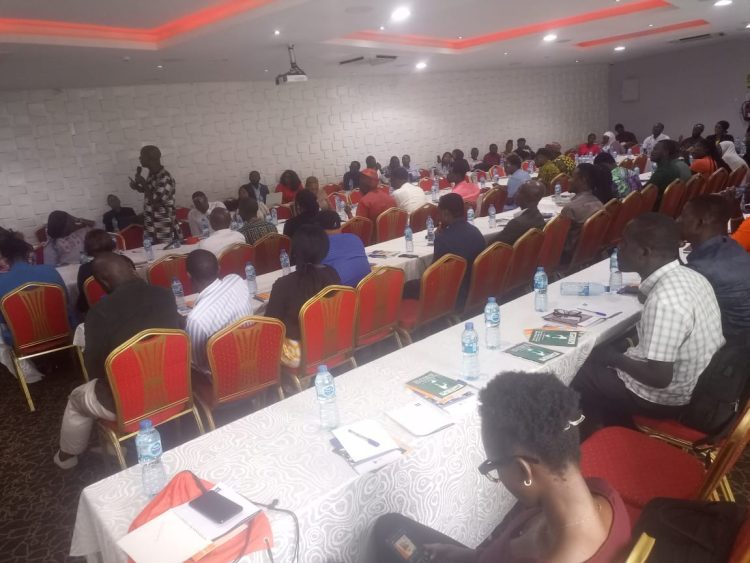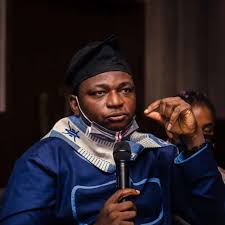Kehinde Adegboyega, the Executive Director of the Human Rights Journalists Network Nigeria (HRJN), has said some journalists have had to change careers just because they want to stay alive as there are increasing attacks against journalists regularly.
Adegboyega made this known while delivering his welcome address at a one-day symposium to commemorate the World Press Freedom Day 2024 organized by HRJN in collaboration with UNESCO Nigeria, the United Nations Information Centre (UNIC) and the Office of the High Commissioner for Human Rights
Adegboyega, who highlighted the HRJN’s ongoing efforts to empower journalists and educate them about their rights, acknowledged the grave challenges facing journalists, stating that “the lives of many journalists are under threat, and some have even had to change careers to stay alive.”
Adegboyega continued, “today’s event seeks to bring attention to the importance of journalism in addressing the pressing environmental issues we face and advocating for human rights. By engaging in these discussions, we hope to raise awareness of these critical issues and inspire action towards positive change.”
The Executive Director of Media Rights Agenda, Mr. Edetaen Ojo, while delivering his keynote address, underscored the vital role that independent and professional media play in promoting human rights, particularly the right to a clean, healthy, and sustainable environment.
Mr Ojo emphasized that “the media can only effectively engage with these issues and champion environmental rights if they are strong, independent, and professional. Without these preconditions, the media will not be able to adequately carry out this vital task.”
Mr Ojo explained the importance of effective communication in journalism, advising that journalists must make their work accessible to all audiences.
He said, “It is crucial that journalists convey information in a way that is understandable and relatable for everyone, including those with varying levels of education. Every member of the society deserves to be informed, regardless of their educational background.”
Furthermore, Mr Ojo called for increased collaboration among journalists, advocating for a unified voice in the industry. He asserted, “Journalists must work together and support each other to ensure that their voices are heard. A fight against one should be a fight against all”
The panel session, moderated by Shakirudeen Bankole, a journalist and HRJN team member, probed discussions around environmental issues and the role of journalism in addressing these concerns.
Bunmi Yekini, a broadcast journalist and Vice Chairperson of the Lagos State Chapter of the Nigeria Association of Women Journalists (NAWOJ), mentioned that journalists are doing a good job with covering news in every aspect except the environmental sector.
Robert Egbe, Media and Communication Officer at the Corporate Accountability and Public Participation Africa (CAPPA), expressed his concern about underreported environmental issues.
According to him, “We are not paying enough attention to environmental concerns that affect many people’s lives. Journalists often overlook these critical issues, leaving them undercovered and unaddressed.”
He also underlined the importance of drawing attention to the environment and the need for journalists to play a more active role in reporting on these issues.


